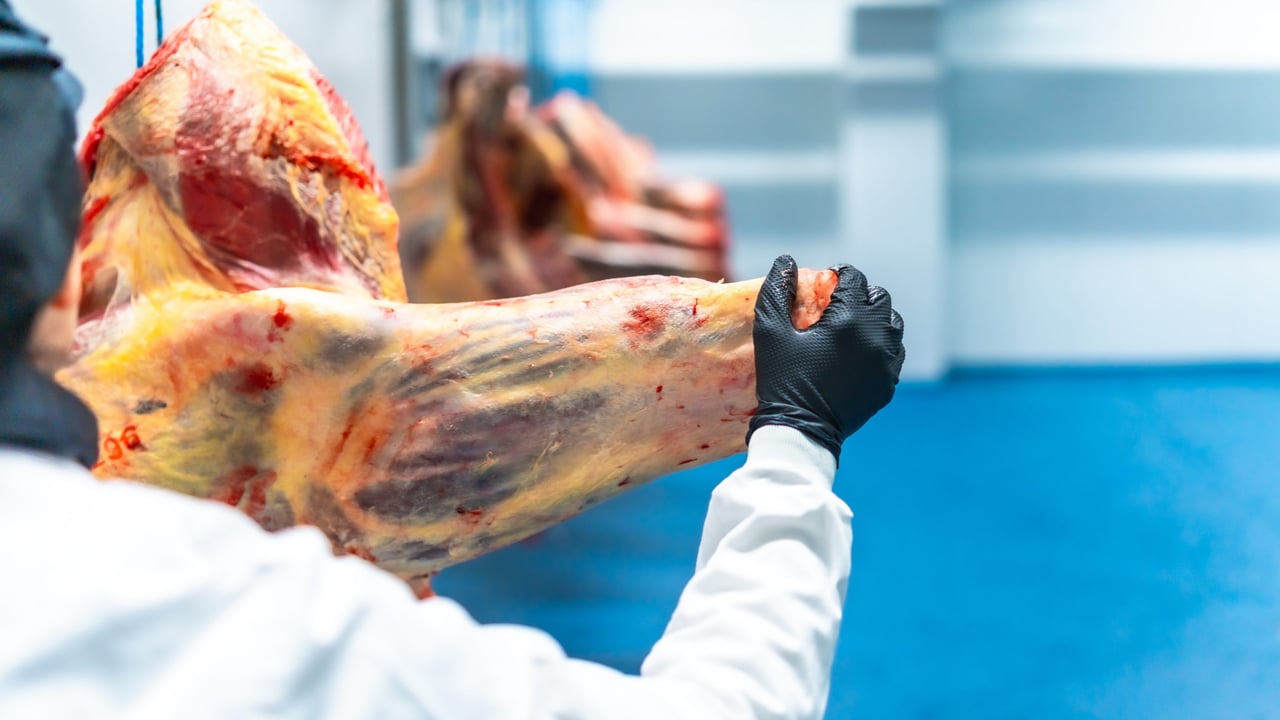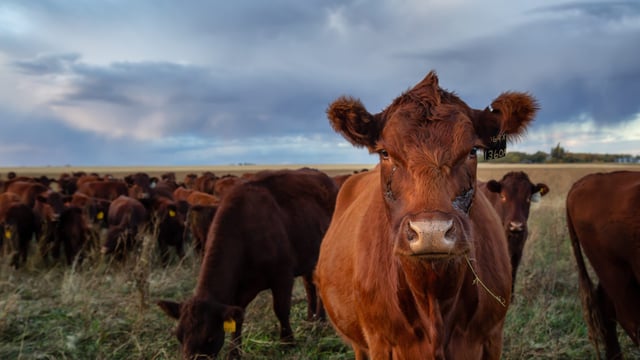Agri sector queries proposed employment permit salary hikes
The agri-food sector has voiced its concerns on proposed increases to minimum annual remuneration (MAR) for employment permits.
In December 2023, the Department of Enterprise, Tourism and Employment (DETE) published a roadmap of increases to the MAR.
The MAR is the lowest annual salary for which an employment permit can be issued.
The first of these increases came into effect on January 17, 2024.
These were the first raises for the majority of MARs, as set in regulation, since they were initially implemented and were the first step in addressing a "longstanding stagnation of employment permit salaries", a spokesperson from the Department of Enterprise told Agriland.
The roadmap raised the MAR thresholds for most roles, including for dairy farm assistants and meat deboners, to €34,000 in January 2024, with a proposed increase to €39,000 in 2025.
Exemptions were made for the lower paid roles of meat processing operatives and horticultural roles, which must have an annual remuneration of at least €30,000 since January 2024.
The MAR for these roles was to increase to €32,000 in January 2025, and to €39,000 in January 2026.
A department spokesperson said that following the implementation of the initial phase of the roadmap, it has had "extensive engagement with external stakeholders".
"In light of concerns raised during this engagement, relating to the general increased costs of doing business, a review of the roadmap was commenced in late 2024," the spokesperson told Agriland.
"This was to ensure that any future MAR threshold adjustments are implemented in a sustainable and equitable manner.
"The review included a targeted consultation launched in November 2024, which sought feedback from employer and employee representative groups and other interested stakeholders."
This process, titled ‘Consultation on Increases to Employment Permit Minimum Annual Remuneration Thresholds’, closed in January 2025.
DETE confirmed that it received over 150 submissions from a broad range of stakeholders and sectors, with the agri-food sector making the greatest number of submissions, representing 24% of all responses.
"The information received in these submissions has greatly informed the review and has been considered in its findings," the spokesperson added.
"It is expected that this review will be completed in the coming weeks, with a report including recommendations being prepared for consideration by the minister."
In deferring the increases to the MAR for employment permits, the department had said that the January 2024 increase was the "first stage in addressing the disparity that had developed over time" between the MAR and increases to average earnings in the state.
However, the department said it was conscious of increased costs of doing business that have arisen over the period since then.
DETE acknowledged the need to implement all future increases "in a manner that provides stability for employers and permit holders".
Irish Farmers' Association (IFA) farm business chairperson Bill O'Keeffe told Agriland that increases to the MAR have an impact on the cost of production on farms, with sectors such as horticulture "very vulnerable".
"Any extra cost is just an extra burden on farmers and increases the cost of production - it makes it very hard to compete internationally," O'Keeffe said.
"We're a very expensive country to do business in and it's one of the biggest issues we need to tackle at the next budget - to try and reduce the cost of doing business."
He said the cost of doing business here risks "making our indigenous industries less competitive internationally".
The department confirmed that the next employment permit-related public consultation will be a formal review of the occupations eligible for employment permits.
A DETE spokesperson said: "Ireland’s employment permits system is managed through two occupations lists, the Critical Skills Occupations List and the Ineligible Occupations List.
"These occupations lists respectively determine employments that are either very highly skilled and in enduring shortage and those employments ineligible for an employment permit.
"Any role not on either of the occupations list can be considered for a general employment permit.
"The occupations lists are subject to periodic evidence-based reviews, which include a public consultation process that invites evidence-based submissions from all sectors.
The spokesperson added that submissions will be considered by an inter-departmental group on economic migration established in 2018 for this purpose.
"The review will also be informed by research from the skills and labour market research unit in SOLAS, DETE’s labour market and skills unit, and the Department of Social Protection.
"The next review will commence in the coming weeks," the spokesperson said.





